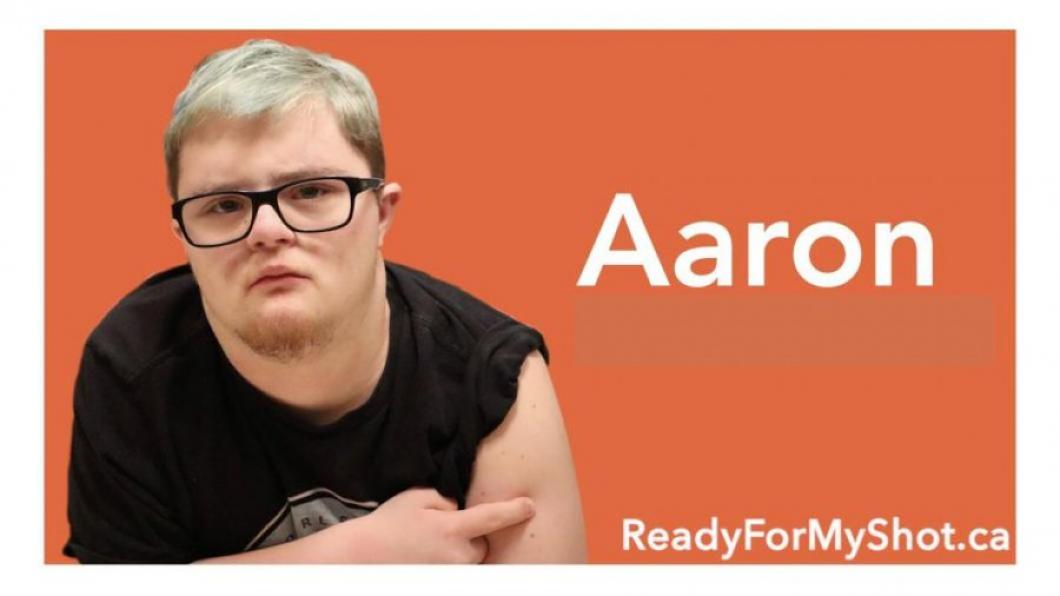
People with intellectual disabilities are at high risk for COVID-19. Why aren't they front of the vaccine line?
By Louise Kinross
People with intellectual disability are almost eight times more likely to die from COVID-19 than the general population, according to this American study of over 60 million people published in NEJM Catalyst this month. In fact, the study found that intellectual disability was the strongest independent risk factor for getting COVID-19, and the strongest independent risk factor, other than age, for dying from it.
The Jefferson Health researchers concluded their study with a simple recommendation: "Patients with intellectual disabilities and their caregivers should be prioritized for vaccination and health care services," they wrote.
One of the authors was Dr. Wendy Ross, director of Jefferson's Centre for Autism and Neurodiversity.
So why has the Centers for Disease Control and Prevention NOT made this group a top vaccine priority, Ross asks in this op-ed in The Philadelphia Inquirer? A "conscious and unconscious bias" against people with disabilities has "long infiltrated medicine, making preventative health care less accessible to those with ID, and costing more government spending as emergency care becomes their first line of defense against sickness," she writes.
Closer to home, Canada is similarly dragging its feet. Ready For My Shot (see photo above) is a grassroots group of people with disabilities and their families advocating for our provinces to move people with Down syndrome and other intellectual disabilities to the top of the vaccine list.
Why is it necessary for families to take on a massive social media campaign to get their family members vaccinated, when we have the science of the NEJM Catalyst and numerous other studies supporting this move? Why indeed!
Meanwhile, take a look at Ontario's vaccination plan. Isn't it odd that people with intellectual disability don't even appear in Phase 1, 2 or 3?
As a parent, I hoped my son would be able to qualify for the vaccine under "chronic home care recipient," which is a category under Phase 1. However, if you are a family who paused your adult child's home-care services to protect them from the virus, you're out of luck, I've been told from our local health integration network. And you can't sign them back up in order to get a vaccine. No, first you'd have to sign them up to have workers come into your home, while your child is not vaccinated.
Where does the science, and where does the patient, come into this equation?